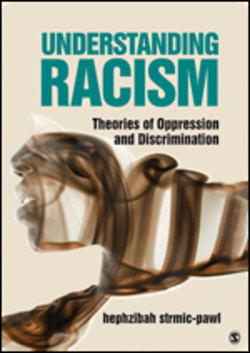Читать книгу Understanding Racism - Hephzibah Strmic-Pawl - Страница 55
На сайте Литреса книга снята с продажи.
How to Challenge Racism
ОглавлениеTo fix White privilege, Whites need to accept that it exists, that racism is structural and real, and that Whites have the agency to do something about it. Part of this effort can include a call for curricula to become much more diverse; knowledge and education in the United States are still largely Eurocentric, and a targeted effort to include the history, knowledge, and perspectives of people of color is needed. On the micro level, Amico suggests that Whites ask themselves a series of questions: What happens when they encounter people who are “different”? How has White privilege kept them isolated from others? When were they first aware that they were a member of an ethnic group?28 Such questions can help White people interrogate how their race and privilege have played roles in their lives. Once individuals realize that they have White privilege, they can use that privilege to intervene. For example, they can use it to educate other Whites about their privilege or address a racist incident when it occurs. It can also be used to support organizations and policies that work for racial justice. As noted at the beginning of this chapter, part of the intent of this theory is to get Whites to become active antiracists. In fact, Amico argues that acknowledging White privilege means nothing without action:
All my learning—about white privilege, systems of privilege, the history of white supremacy in American culture, the separate worlds of white people and people of color, the internalized white supremacy in myself, and so forth—is all for naught if it does not translate into action; action to change myself, my behavior, my worldview; action to dismantle systems of privilege, action to promote social justice and real community.29
The recognition of privilege can help challenge racism, but, as Wise suggests, there also can be dire consequences to Whites if they do not confront this privilege, because Whiteness presents unrealistic expectations of success:
It strikes me that unless we get a hold of this, unless we begin to address the way that privilege can set up those who have it for a fall … we’ll be creating more addicts, more people who turn to self-injury, suicide, eating disorders, or other forms of self-negation, all because they failed to live up to some idealized type that they’d been told was theirs to achieve.30
In this vein, White privilege is hurting Whites because they are given unreal and corrupted expectations of achievement and status. Thus, challenging White privilege is good not only for addressing racism but also for cultivating healthier environments for Whites.
